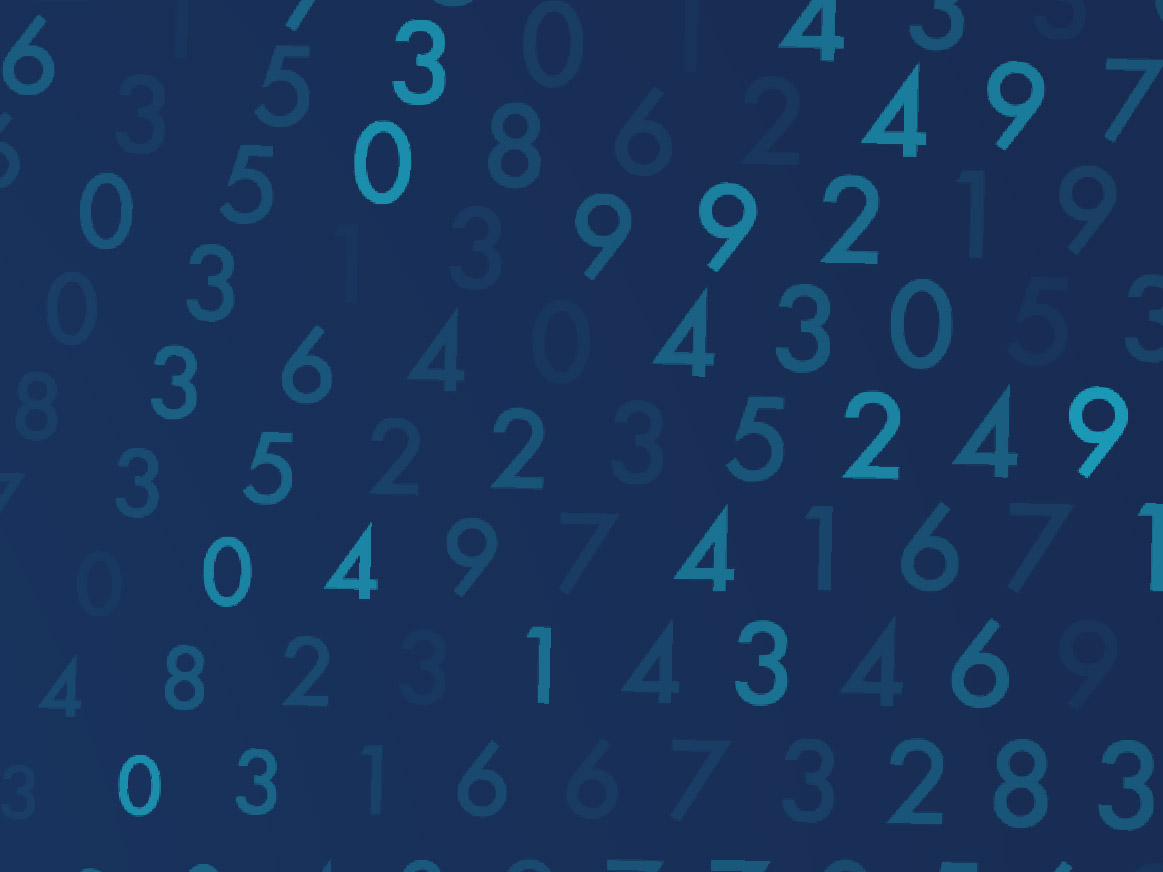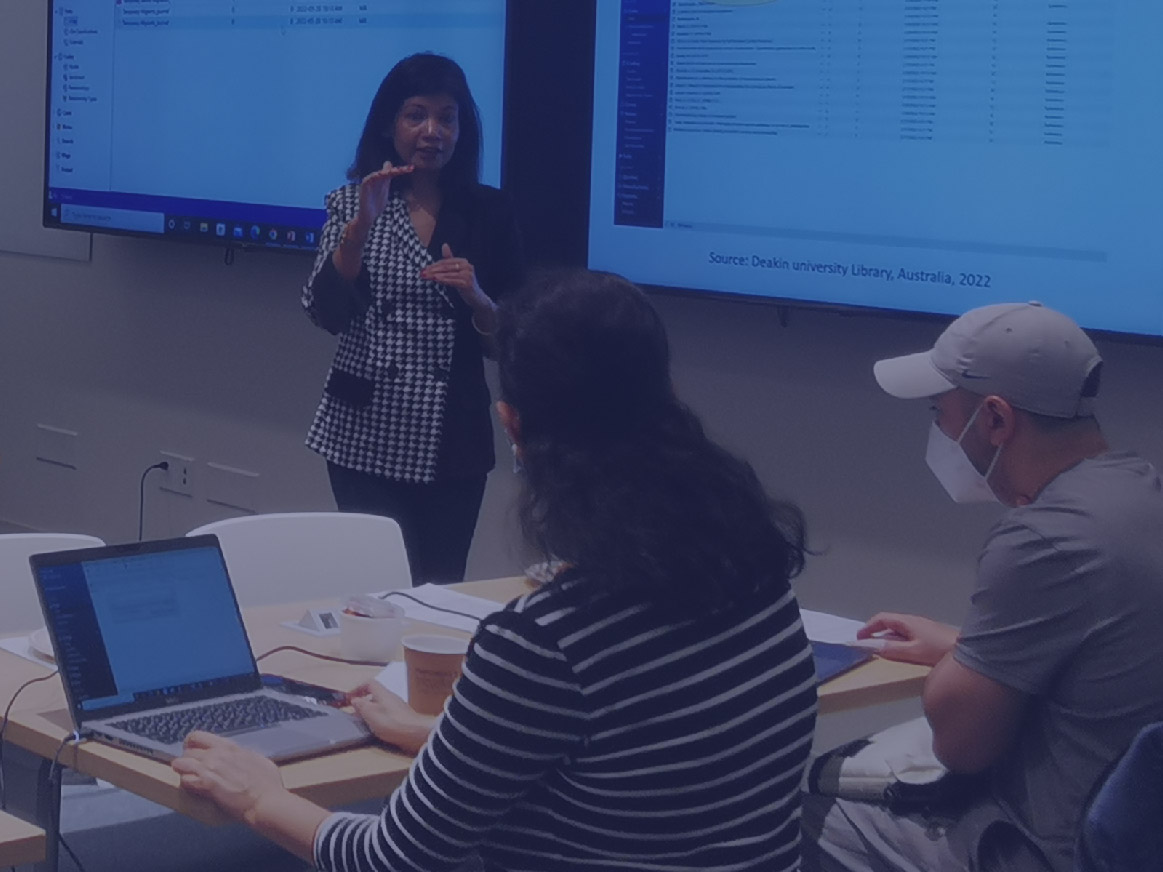You are now in the main content area
Working Groups
Four working groups are comprised of members from each regional hub to integrate work and allow for data linkages across the regional systems.

Data Collection and Modelling
Coordinator: Robert McLeman (Wilfrid Laurier University)
Activities:
- tracks the collection of quantitative data across the three regional systems; develops, tests and refines data collection; standardizes all input data generated by the project; and coordinates efforts in both data intake and processing for computer and GIS modeling.

Knowledge Mobilization and Visualization Tools
Co-coordinators: Anna Triandafyllidou (CERC Migration, Toronto Metropolitan University), Ali Mazalek (Toronto Metropolitan University) and Gabby Resch (Ontario Tech University)
Activities:
- leads knowledge mobilization efforts, including a publication plan, workshops and summits dedicated to knowledge exchange;
- synthesizes research data and findings from the analytical models into a range of interactive outputs, such as storytelling dashboards and data visualization tools, that can be used by academic researchers, policy makers, NGOs and members of the general public to generate new insights about complex drivers of migration.

Training & Equity, Diversity and Inclusion
Co-coordinators: Mehrunnisa Ali (Toronto Metropolitan University), Doudou Dièye Gueye (Université Assane SECK de Ziguinchor)
- provides students across the consortium with access to academic and professional resources and training opportunities;
- develops best-practice guidelines to promote equity, diversity and inclusion in research practice (EDI-RP) and guides the project to use an intersectional lens in understanding the migrants’ experiences and to consider the voices of under-studied and under-represented groups;
- promotes a dialogue that includes different territorial perspectives.

Socio-comparative Studies
Coordinator: Luisa Veronis (University of Ottawa), Marcel Arevalo (Facultad Latinoamericana de Ciencias Sociales – Guatemala)
Activities:
- defines a comparative methodology to support the implementation of qualitative/quantitative analysis;
- develops EDI protocols for the recruitment of research participants;
- ensures the quality and consistency of surveys, qualitative interviews and experiments, across different languages and geographical contexts.